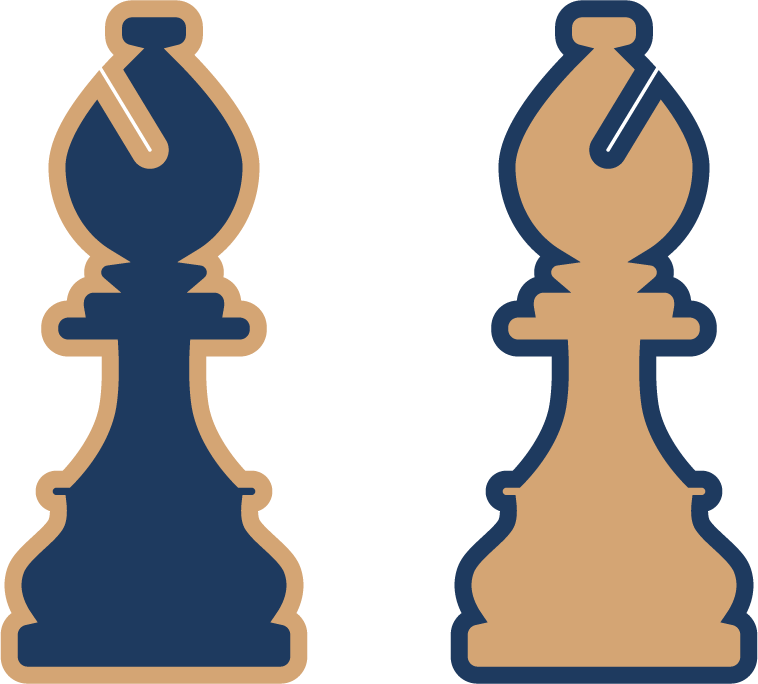Ever wondered how to turn your kitchen into a mini-lab without the mess and stress? As a parent, I started with basic baking soda volcanoes, but soon realized my kids craved more. That’s when I discovered a game-changing solution.
Transitioning from simple DIY projects to structured STEM learning was easier than expected. With ready-to-use kits, real lab tools, and step-by-step guidance, my homeschool routine transformed. No more scrambling for supplies or worrying about safety—just pure, engaging discovery.
Whether you’re a homeschooling parent or just want to fuel your child’s curiosity, MEL Science is designed for ages 5–14+. The starter kit alone includes goggles, beakers, and real chemicals—valued at over $50. Plus, flexible subscriptions let you pause or cancel anytime.
Key Takeaways
- Upgrade from basic DIY projects to professional-grade experiments
- Perfect for homeschoolers or supplemental STEM education
- Includes real lab equipment and safe chemicals
- Designed for kids aged 5–14+
- Flexible subscription with pause/cancel options
What Is MEL Science?
Parents seeking structured STEM learning now have a curated solution. This subscription service delivers hands-on experiment kits tailored to different ages and skill levels. Each month, a new box transforms your space into a mini-lab, blending fun with real-world science.
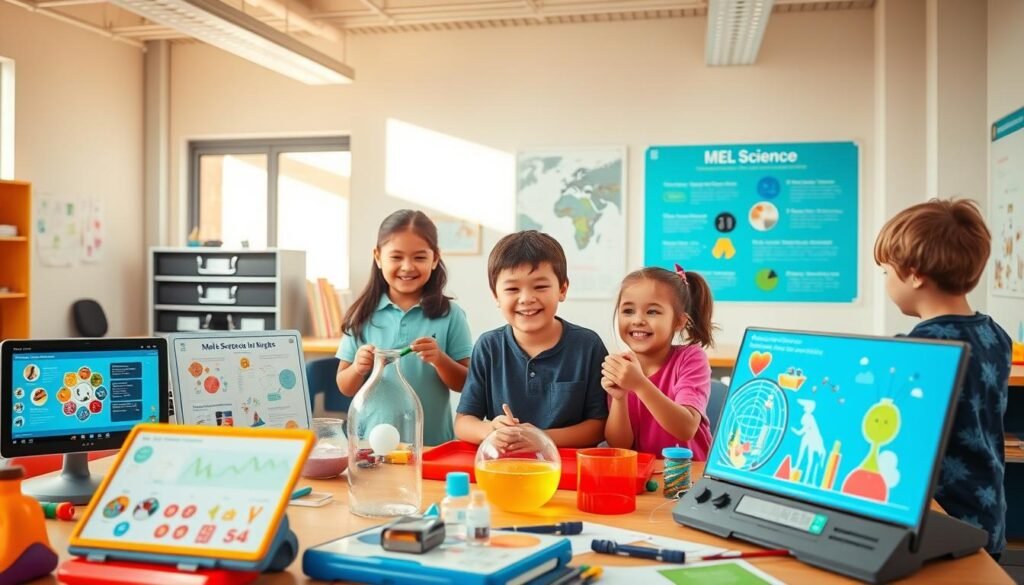
Four specialized tracks cater to growing minds. The STEM track (ages 5+) introduces fundamentals through playful activities. For older kids, the Physics track (8+) explores forces and energy, while Chemistry (10+) dives into reactions with safe, real lab tools.
The advanced medicine track (14+) stands out. Teens practice suturing techniques and create ascorbic acid tablets—skills mirroring real medical procedures. It’s a unique bridge between classroom theory and professional applications.
Whether your child is a curious beginner or an aspiring scientist, MEL Science tracks scale in complexity. The kits ensure age-appropriate challenges, making science accessible yet rigorous.
MEL Science Experiments and Kits
From viscosity tests to water filters, these kits make STEM learning unforgettable. Each box is packed with tools and activities tailored to different ages, blending play with real-world applications.
Experiment Diversity That Sparks Curiosity
Kids explore concepts like viscosity using syringes and viscoelastic fluids in the “Liquiosity” physics box. They even create swirling art patterns while learning fluid dynamics.
Another standout? The clean water filtration experiment. Children build miniature filters, mimicking how wells purify water—connecting science to global issues.
Safety Built Into Every Step
Pre-measured chemicals and child-safe packaging ensure worry-free discovery. Goggles and difficulty labels add extra layers of safety.
All-Inclusive Learning at Home
No last-minute supply runs. Every kit includes tools, instructions, and cleanup materials. Just open the box and dive in.
The MEL Science App and Digital Features
Imagine watching molecules dance in 3D right on your kitchen table—no magic, just smart technology. MEL Science app transforms each experiment into an interactive lesson with augmented reality visuals. Kids rotate and zoom into virtual DNA strands or chemical compounds, making abstract concepts tangible.
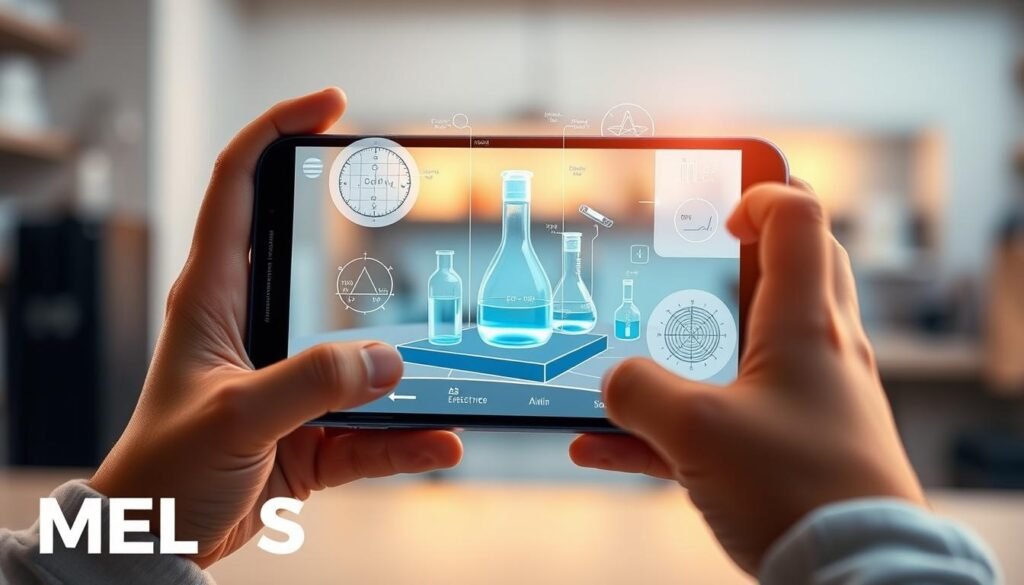
Every step comes alive with guided video tutorials. The digital instructions adapt to different learning speeds, pausing when users need more time. Real-time feedback explains why reactions occur, turning “What happened?” moments into teachable ones.
Motivation spikes with gamified rewards. Young scientists earn achievement coins for completing challenges, building confidence through incremental wins. These virtual trophies track progress across all experiment products.
Compatibility extends learning beyond the home. The app works on tablets, phones, and classroom smartboards. An included phone stand keeps devices steady during hands-free step-by-step guidance.
Pricing and Subscription Options
Finding the right STEM subscription shouldn’t break the bank or lock you into rigid plans. MEL Science offers tiered pricing to match different budgets and commitment levels, with clear savings for long-term subscribers.
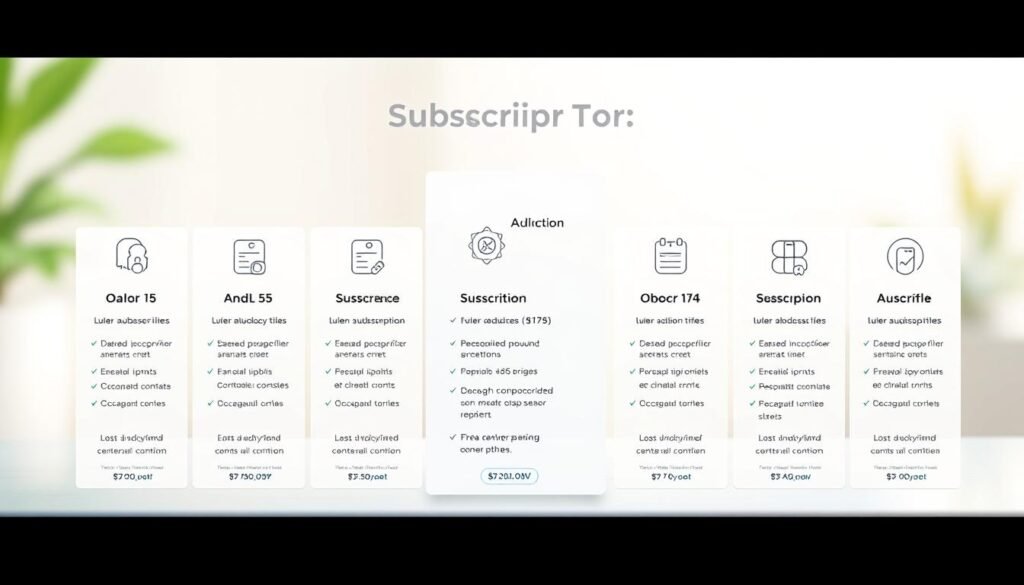
Monthly vs. Annual Plans
The monthly plan costs $39.90 per month, ideal for testing the service. Opt for the annual subscription at $29.90 per month (billed yearly) to save 25%. Both include free shipping and a 2-week delivery window for the first kit.
For example, the annual plan’s cost per experiment drops significantly compared to buying supplies individually. A DIY viscosity test could cost $15–$20 in materials—while MEL kits bundle multiple activities for less.
Flexibility
No long-term contracts tie you down. Use the pause cancel feature anytime via your account dashboard. Schools and co-ops qualify for bulk discounts, making group learning affordable.
Every subscription renews automatically each month, but you control the pace. Skip shipments during busy seasons or adjust the frequency to match your child’s progress.
Pros and Cons of MEL Science
Every science kit has strengths and limitations—knowing them ensures the best fit for your child. Below, we break down what makes these boxes stand out and where they might fall short.
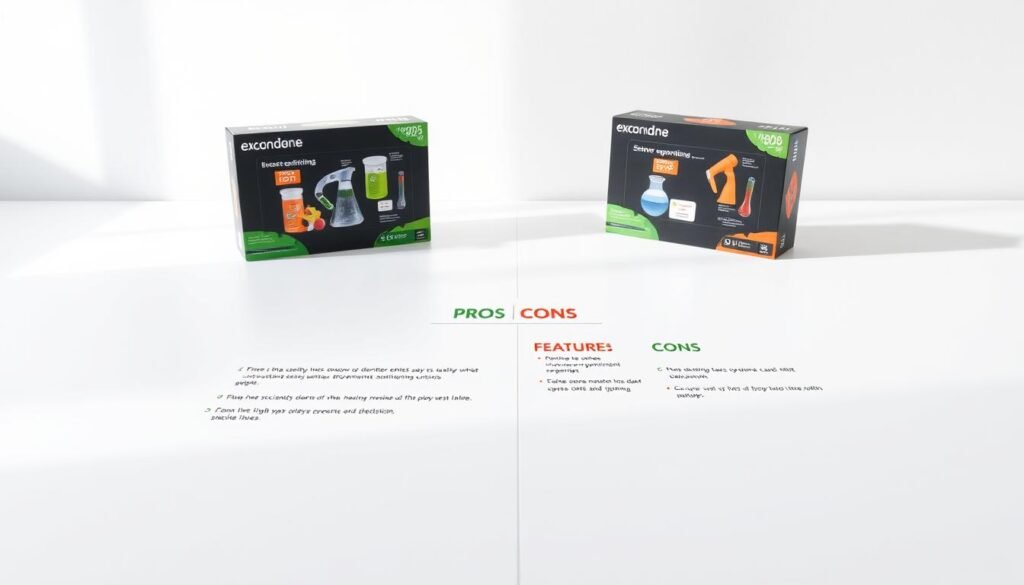
Advantages Worth Considering
The products include lab-grade glassware and real chemicals, far surpassing typical toy kits. Kids handle beakers and microscopes, fostering a professional mindset early.
Each lesson aligns with NGSS standards, shedding light on real-world applications. Schools and homeschoolers appreciate this seamless curriculum integration.
Potential Drawbacks
Premium materials mean higher costs compared to basic science toys. Budget-conscious families might pause at the price tag.
Younger users need adult help—like with tricky bottle lids. Supervision ensures safety but demands time investment.
We recommend best these kits for dedicated learners. Casual hobbyists might prefer simpler, cheaper alternatives.
Conclusion
For families serious about hands-on learning, these kits deliver real-world science at home. The app’s 3D lessons and medical track set them apart, ideal for homeschoolers or gifted programs.
At $29.90/month (annual plan), they’re a steal versus DIY costs. Check current promotions, then use code AHS for 50% off your first box.
We recommend best subscriptions for STEM-focused households. Within weeks, you’ll see why customers rave about these science experiments. Tried them? Share your experience below!
FAQ
What age group is MEL Science designed for?
The kits cater to kids aged 5–14, with experiments tailored to different learning levels. Younger children may need adult supervision, while older kids can explore independently.
How often do new experiment kits arrive?
Subscribers receive a new box every month, with 2–3 hands-on projects per shipment. Each kit aligns with STEM concepts like chemistry or physics.
Is the MEL Science app required for experiments?
The app enhances learning with AR and step-by-step guides but isn’t mandatory. Offline instructions are included in every kit.
Can I pause or cancel my subscription?
Yes! You can adjust or cancel anytime through your account. Changes take effect before the next billing cycle.
Are the materials safe for kids?
Absolutely. All components meet strict safety standards. Protective gear like goggles is included, and non-toxic ingredients are used.
What’s the cost of a monthly subscription?
Plans start at .90/month. Annual subscriptions offer savings—ideal for homeschoolers or frequent learners.
How does MEL Science compare to other STEM kits?
It stands out with its app integration, real-world applications, and curriculum-aligned experiments. Competitors often lack digital support.
Can multiple children share one subscription?
Yes, but additional supplies may be needed for collaborative experiments. Sibling discounts aren’t currently offered.
